Technology
The video highlights the major attraction, FUTURAMA, in the 1964 World’s Fair in New York. It talks of a future where technology will ultimately save humanity. There are endless opportunities awaiting us in this technological world. Such as progress and prosperity in the market, improved communication, and great possibilities. However, no one knew how much of an effect technology would actually have on our world. We are living in the age of FUTURAMA right now. The question is: Was it all anyone could have dreamed of or expected?
There is no doubt that I am grateful for technology. We have the world at our fingertips each and every day. Therefore, I’d like to acknowledge the benefits that technology has on our world.
For example, technology helps new businesses. Entrepreneurs around the world have great opportunities to spread the word about their business or product. This was not as simple before technology. I myself have used technology to make money online through the freelancing platform, Fiverr. This amazing platform has given me the opportunity to do what I am passionate about which is video editing. Plus, I have made money from this side gig which is a win win. An opportunity was presented to me that would have never occurred before technology.
Technology also improves communication. We have seen this first-hand during this hectic finals week. I know that all of my group projects this semester have gone smoothly, all thanks to technology. My group members and I communicated electronically, and have completed our assignments with ease. During the COVID-19 pandemic, we would have suffered endlessly without technology making it possible to still attend school, and making sure we were on track to graduating.
The list of benefits related to technology goes on, but have we considered the downsides?
The biggest downside of technology that I have taken from this course would have to be our security. Smart technologies including Amazon’s Alexa or Google will spy on our lives as they actually live inside our homes. The smart voices are also trained to recognize your voice, cadence and other factors to truly understand who you are. However, we cannot escape this. Sneaky companies invade our privacy with innocent children’s toys. The banned toy, "My friend Cayla" connected to a bluetooth device and was able to communicate with children. This is why we have to stay on top of our privacy laws, to not get taken advantage of our basic right to privacy displayed in the Fourth Amendment.
Depression and Suicide Rates are the most painful downside to technology. In our day and age we are consumed with social media. We are exposed to cyberbullying, and dangerous factors that can majorly affect our mental health. This can also lead to decreased human interaction. We can access almost too much online which includes school, jobs, entertainment, food, services, anything. So why would we want to leave the house if we don’t actually need to?
These two videos perfectly depict the danger that technology has on society. I have already seen the Mad World Video, and it has certainly made me take a step back and analyze what direction our world is going into. Viewing the second video made me realize how technology has made our society very selfish. Talking with other generations I have noticed that friendships were loyal and relationships were stronger as it was truly a different time.
As technology is constantly progressing, we must consider the unknown. Not too long ago, we did not know the immense power of Artificial Intelligence. After the Age of AI blog post, I am certainly up to date with just what AI is capable of. Before this course, I chose to ignore AI. The only interaction I’ve had with it was when randomly Snapchat implemented a chat robot that I could not get rid of. I was even more against it when I found out that AI can edit videos which directly harms my work opportunities. However, I know now that we must not ignore these things. In the age of technology, information is power. We are only hurting ourselves if we don’t try to stay on top of the new technology that is slowly taking over.
I’m sure we all know an old soul who claims they were born in the wrong generation. They would like to time travel to a place where technology wasn’t consuming their lives. However, just like we’d enjoy going back to a simpler time, it is just like our previous generations wanted to step into the future. Therefore, I don’t think anyone will be truly happy. However, I know that I am grateful for the many opportunities that technology gives me. I am confident I can step into a field that is exciting, inspiring and fulfilling all thanks to the opportunities that come with technology.
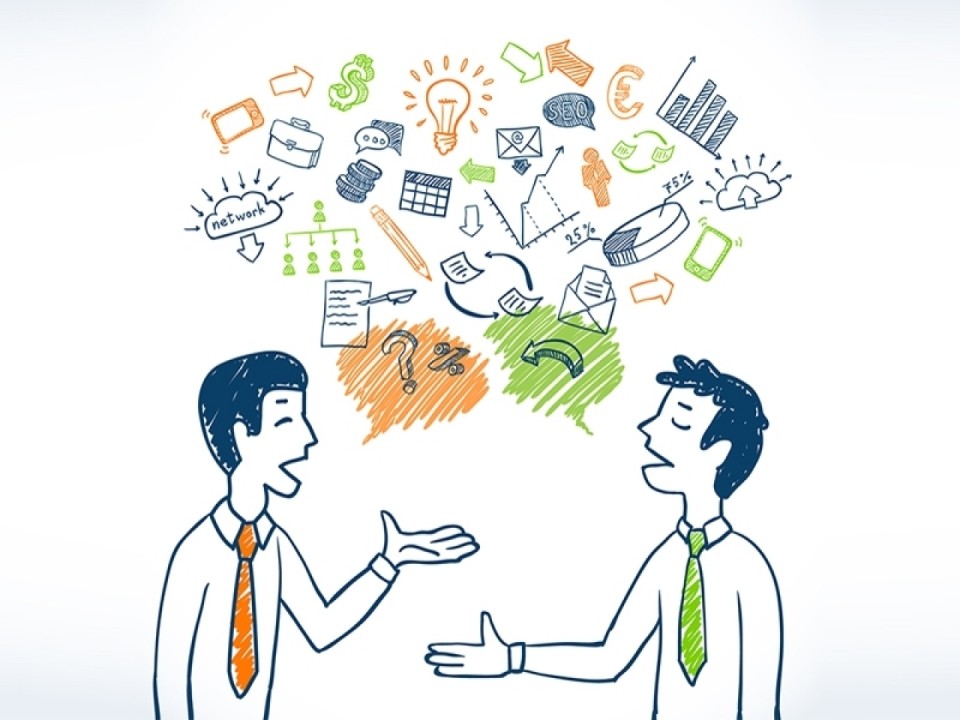
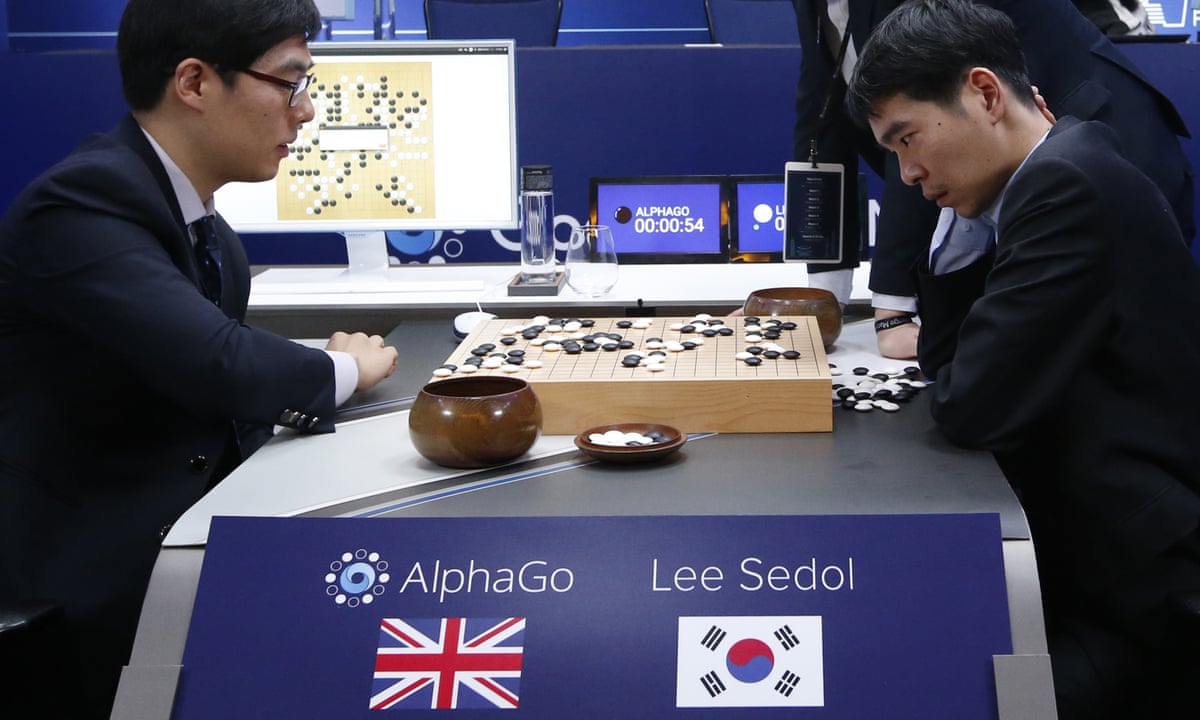
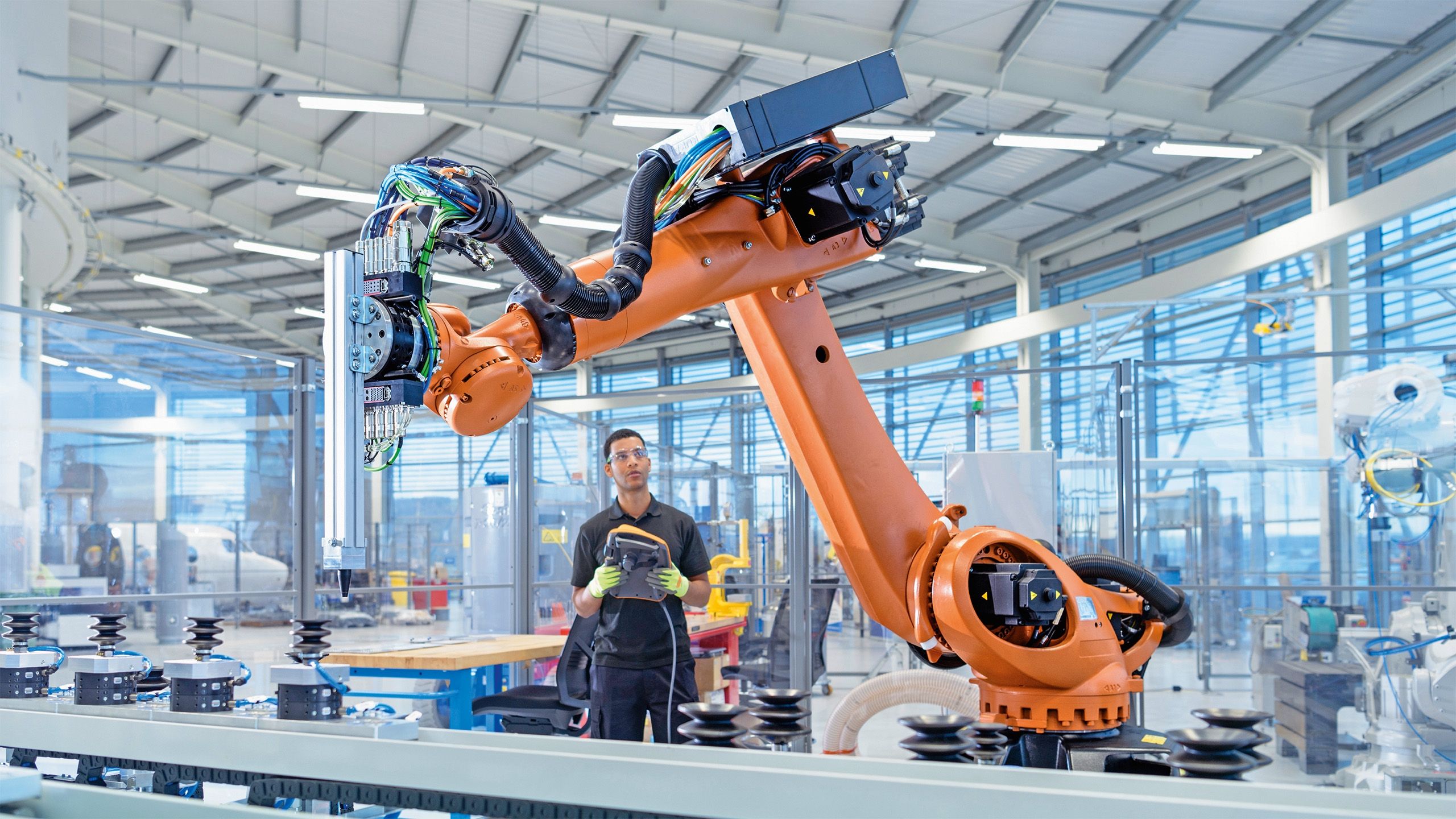


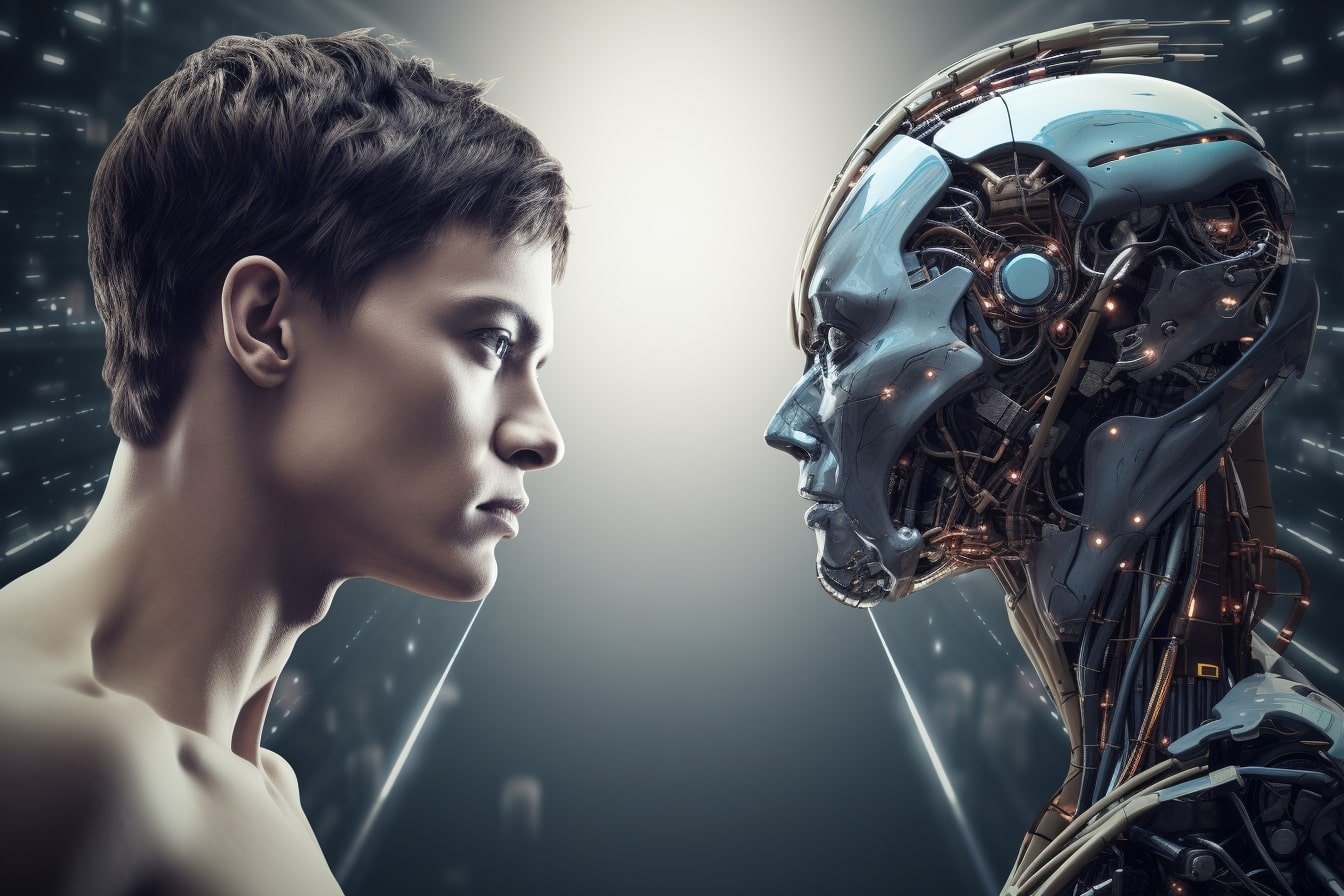
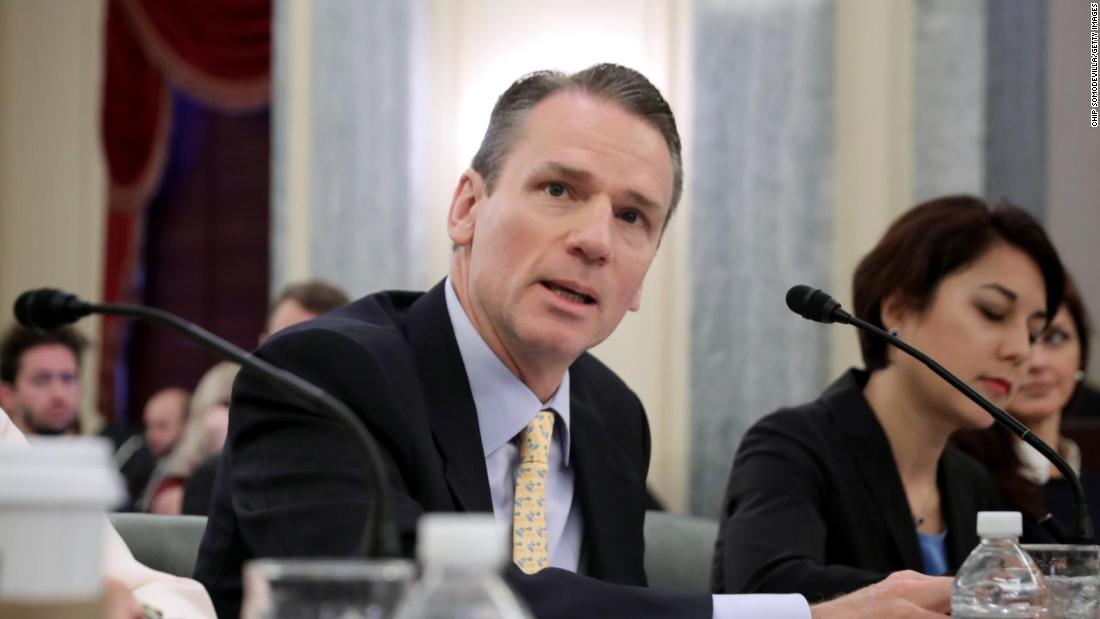
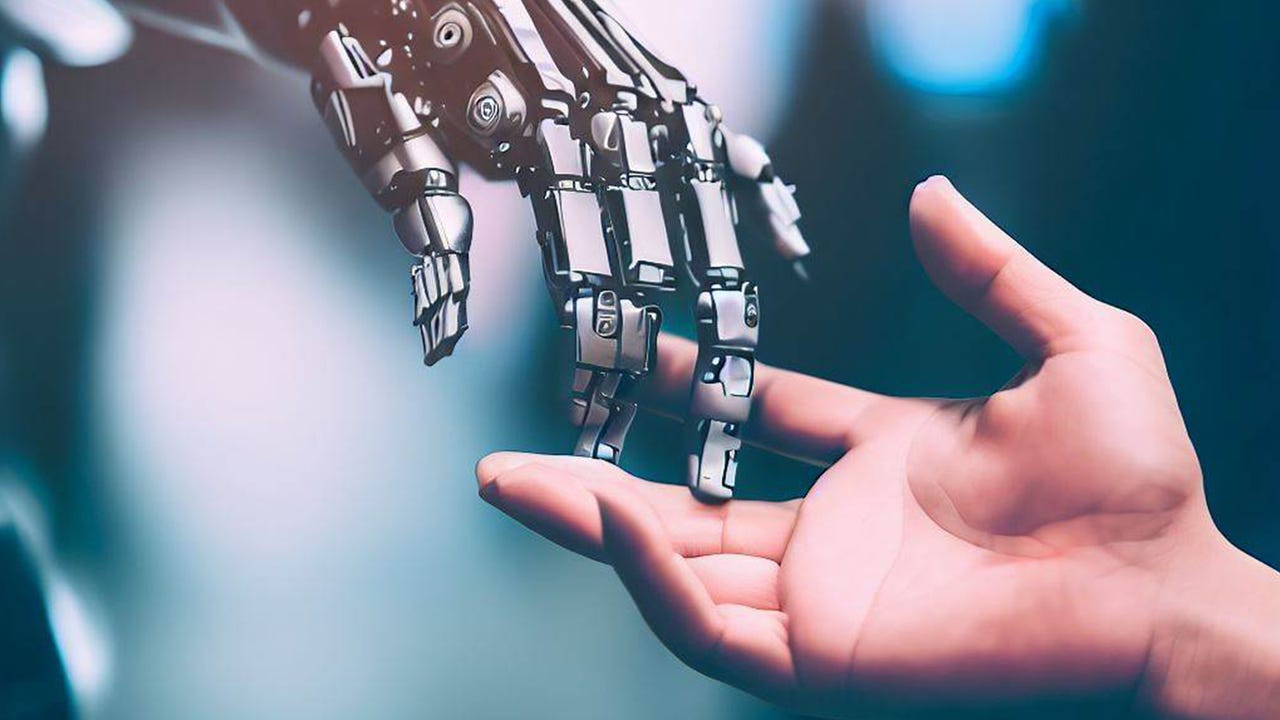

:max_bytes(150000):strip_icc()/what-is-a-confirmation-bias-2795024_SOURCE-fef0b016bc1540038090a12e9a71b460.png)


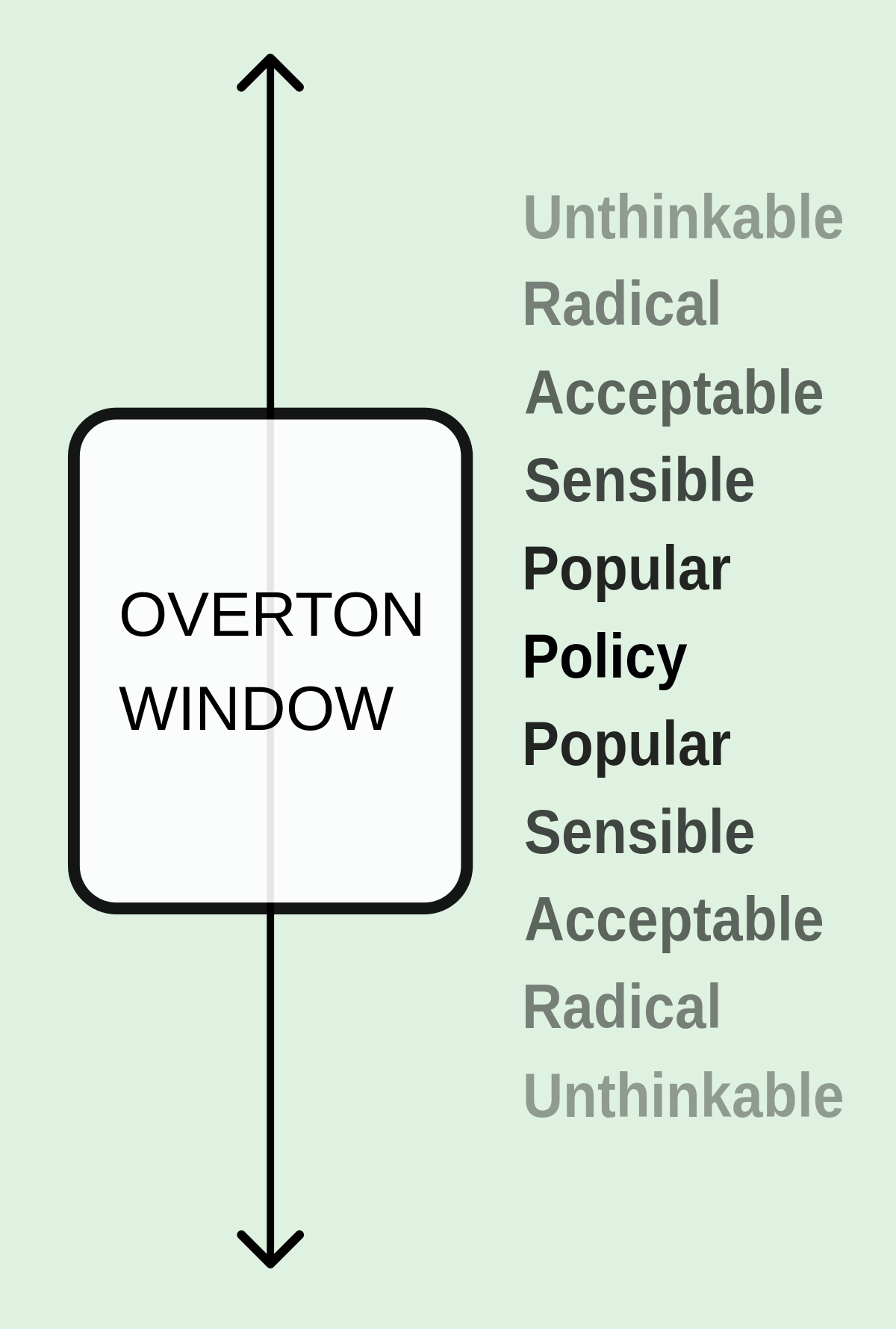

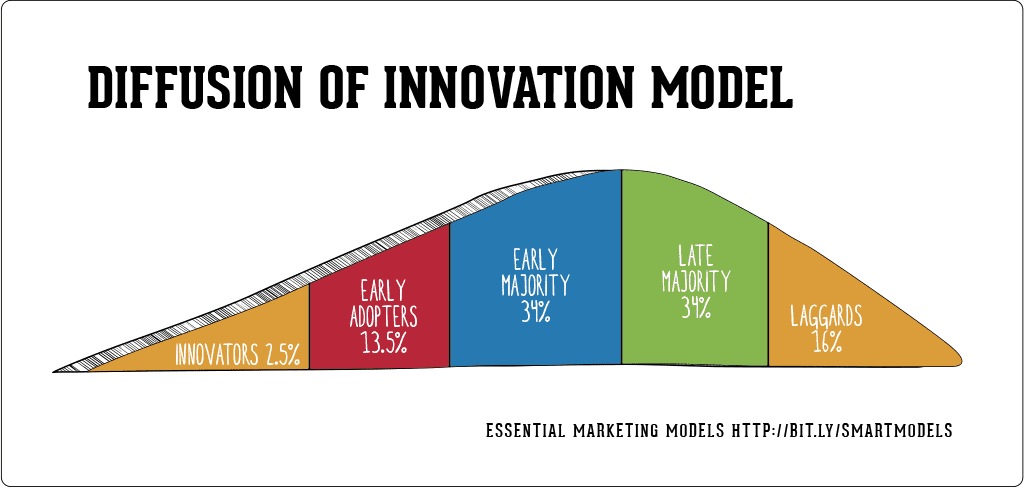



:max_bytes(150000):strip_icc()/diffusion-of-innovations-theory.asp-final-7ffecfaf70054216b54d7d5fe1d17e32.png)












